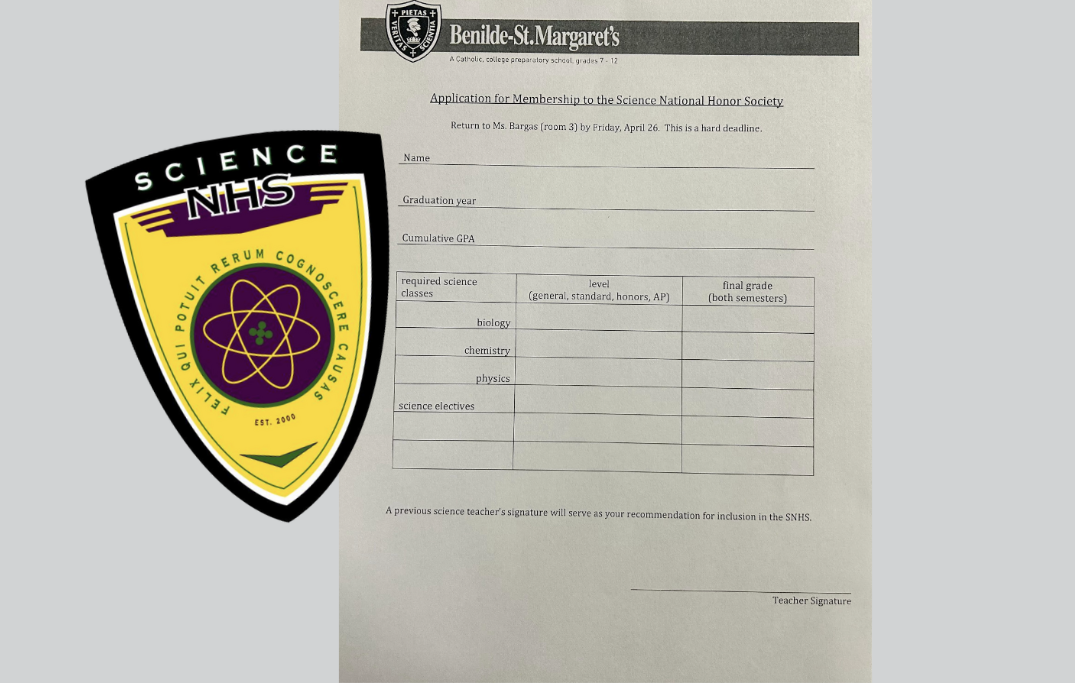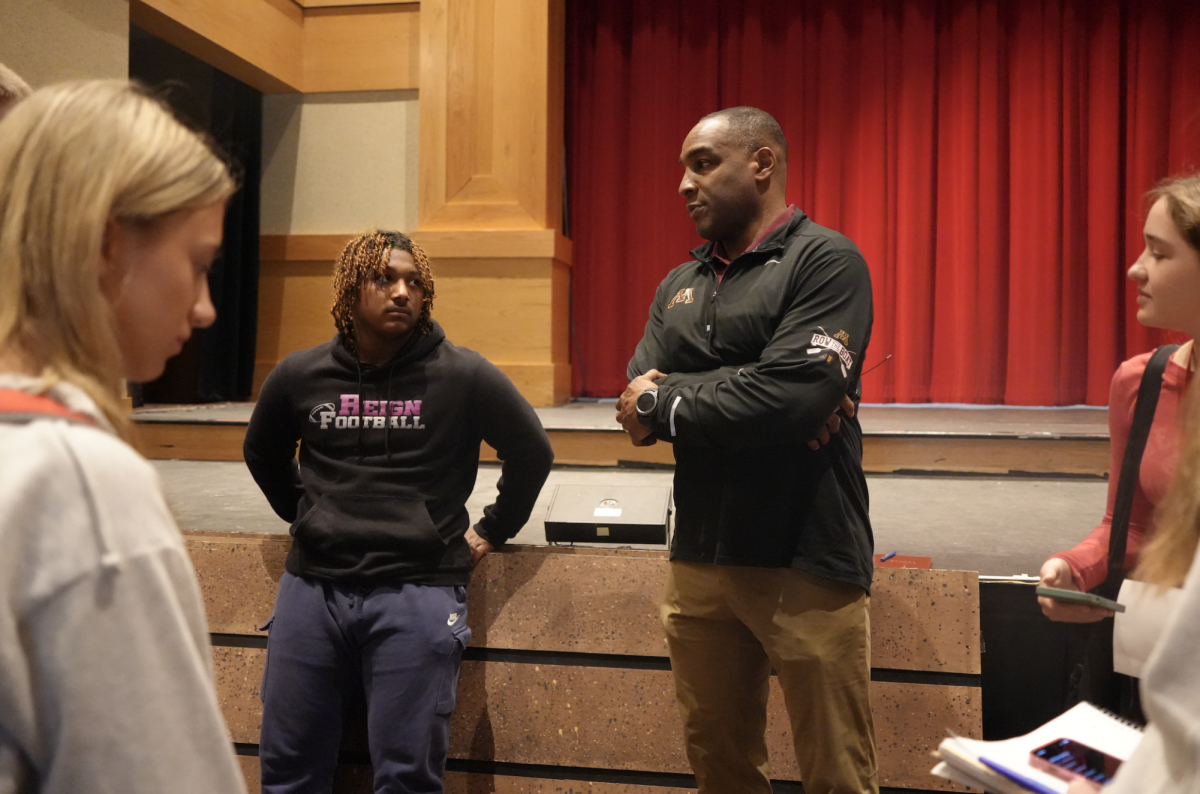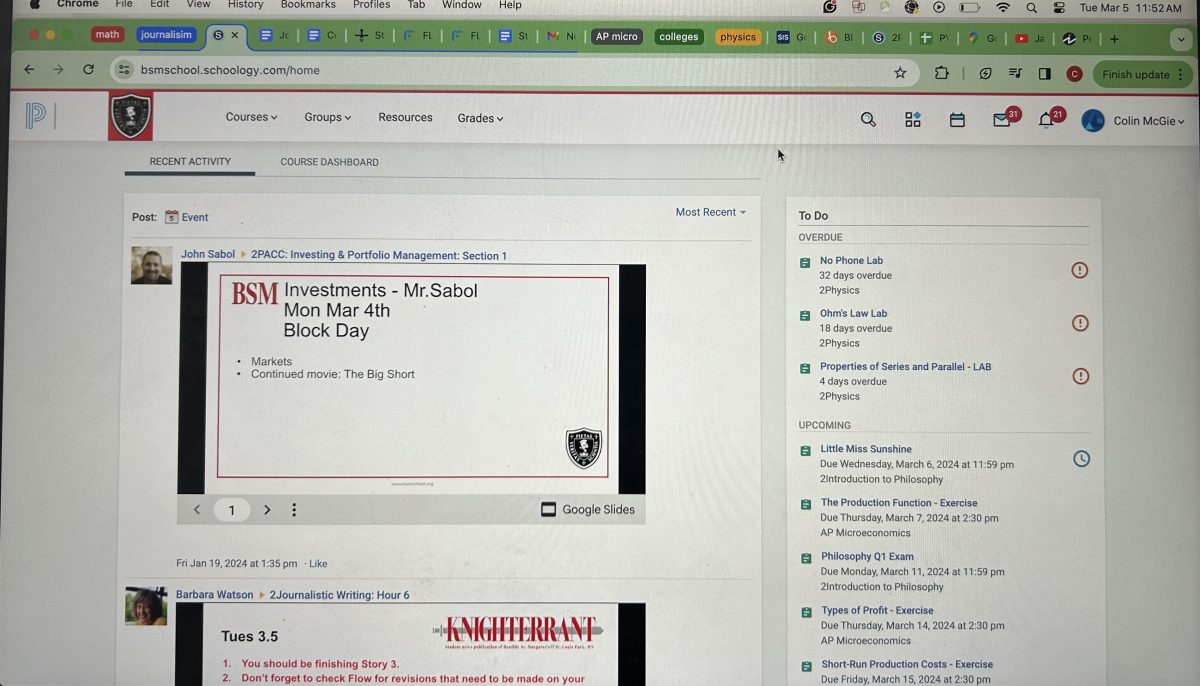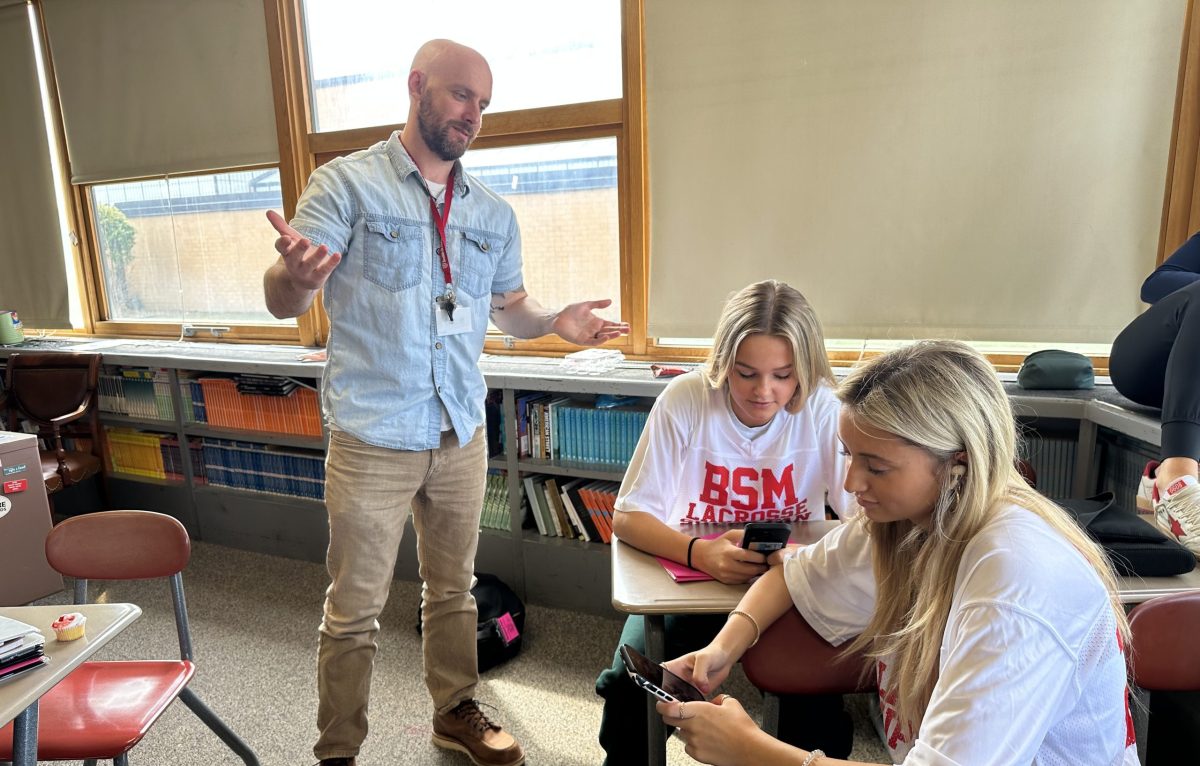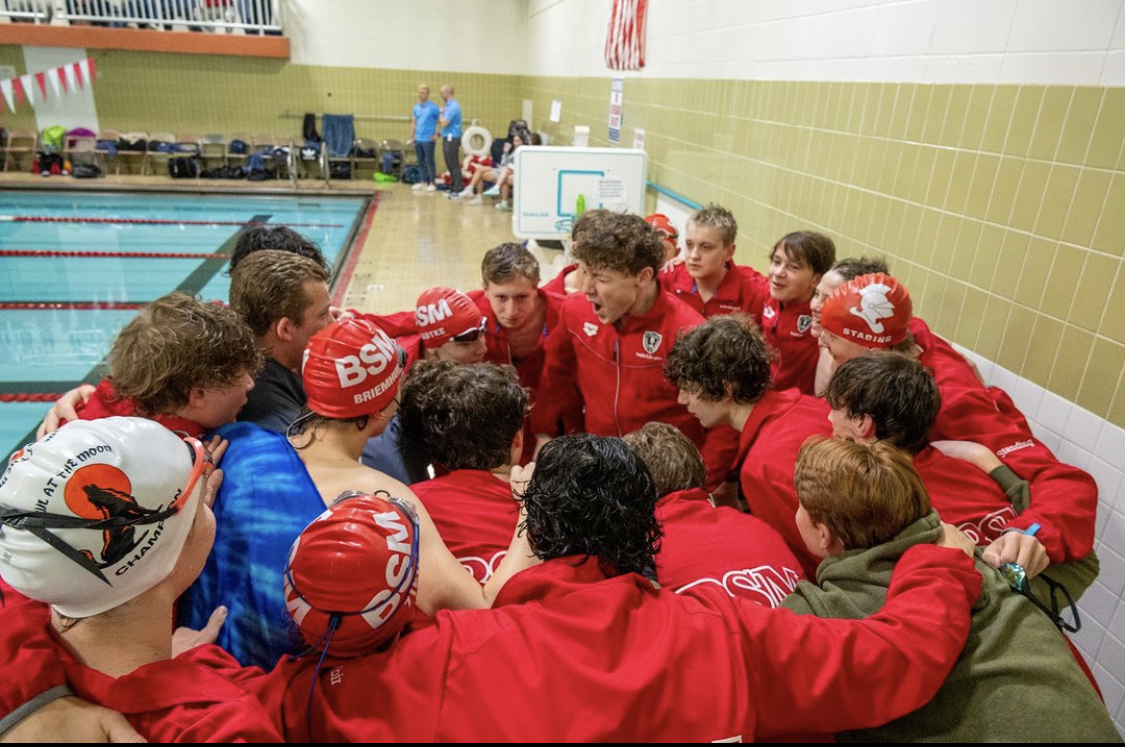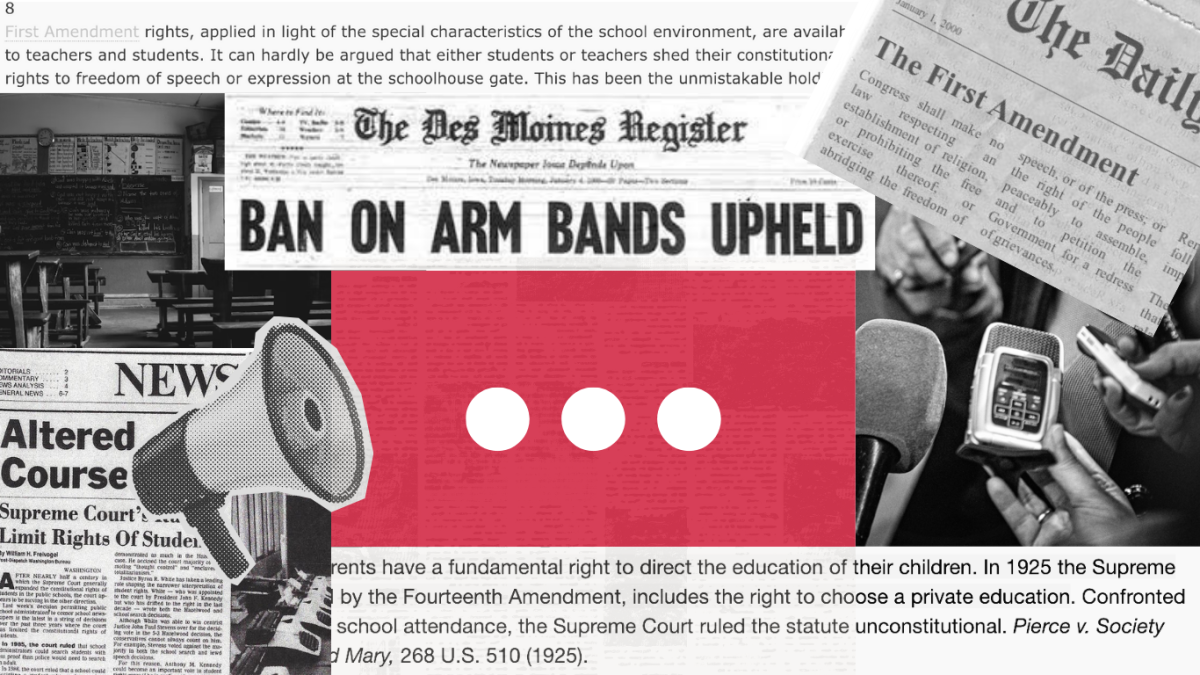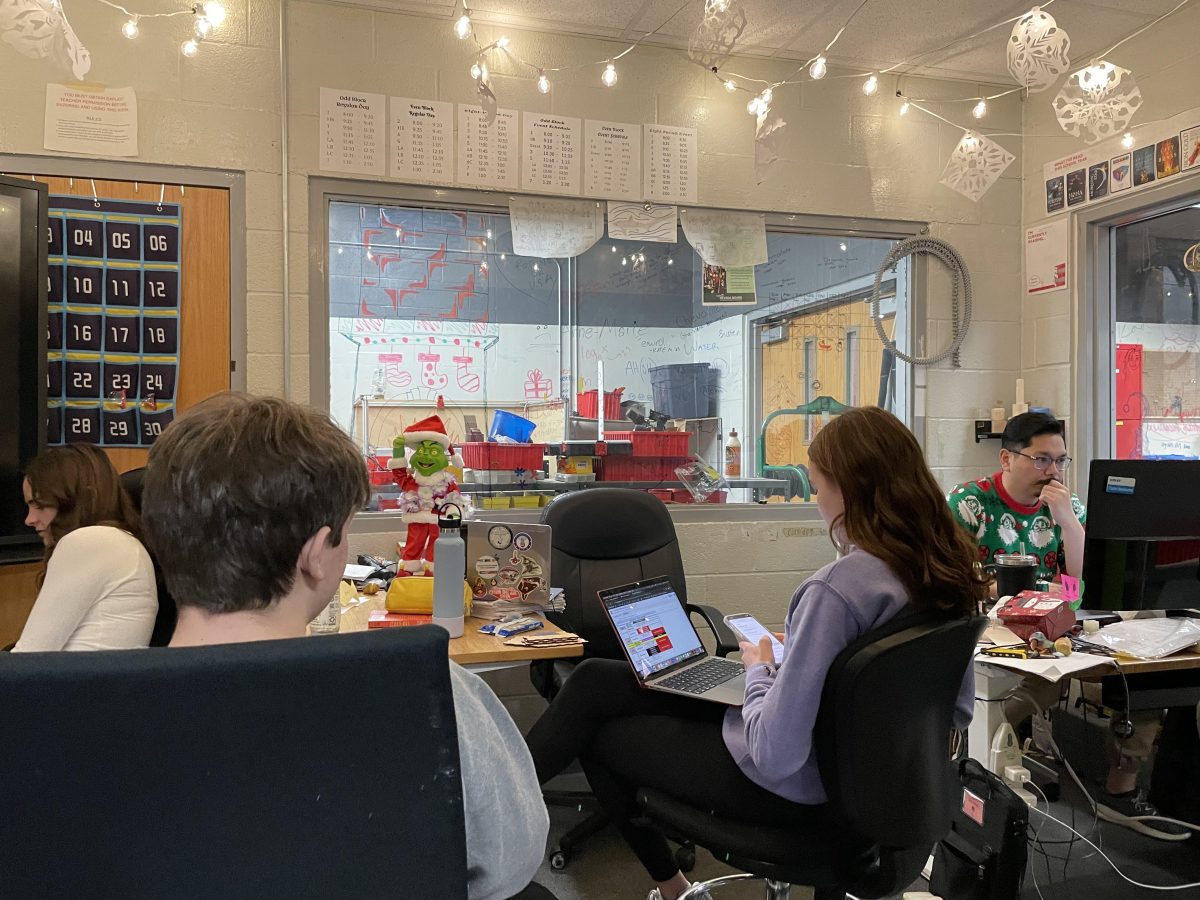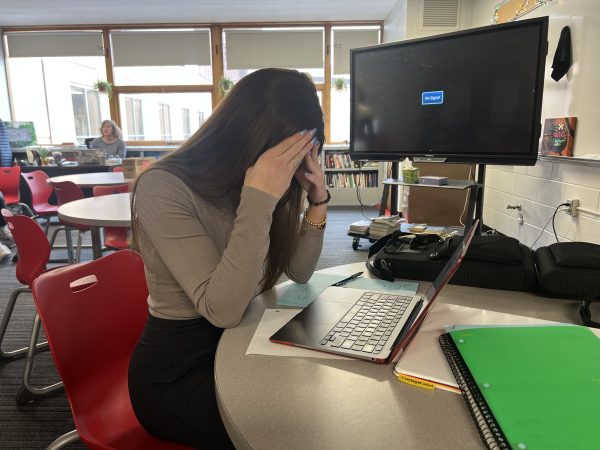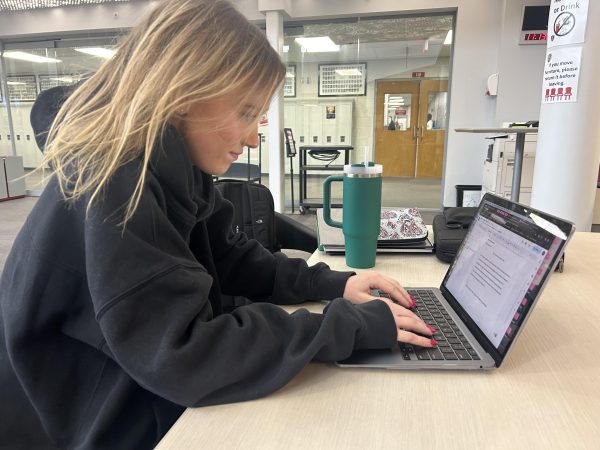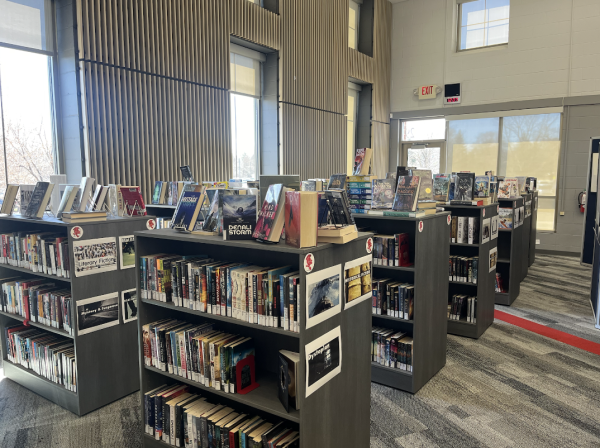Staff Ed: Students must advocate for themselves and teachers must be open to suggestions
April 26, 2016
When students ask for extra help or change within a class, they set an example for their peers who feel they are struggling. It is of the utmost importance that requests for change in education are clear, respectful and realistic. It would not behoove the student body to deliver a petition to the math department demanding only partner quizzes and tests, no homework and an open note final. We have to remember that we are here to learn and the challenges that teachers give us are often beneficial to our overall education. We cannot be taken seriously if we don’t value our comprehensive education. It is only when the ability to learn is suppressed in an environment that we have a right to request changes.
Similarly, our concerns cannot be validated if we don’t act as our own advocates. Tattle-taling on a teacher for having a difficult curriculum shows no respect for the teacher, the class, or your own education. This is not to say a student shouldn’t ask for help in advocating for change within a class or curriculum; oftentimes parents, other teachers, or other students are valuable resources. They may have similar concerns or other knowledge or experience regarding the situation.
It takes a lot of courage for students to admit they are struggling and request a change or extra help, so when teachers face such situations, it is absolutely imperative that they take measures to address them––regardless of their opinion of the student or their teaching philosophy. Stagnated curriculum is not conducive to a school as modern and forward-thinking as BSM.
We must evolve away from the belief that a one-size-fits-all education will allow an entire study body to reach its fullest potential. In order to fully reap the rewards of BSM in the short time we spend here as students, it is to our benefit to respectfully advocate for modification to our education. However, for this advocacy to be effective, it must be met with teachers who are receptive, non-judgemental, and willing to collaborate with students to improve their experience. This combination is essential to a fulfilling education.

